Internationale Partnersuche
Innovation & Technologie Angebot
Additive manufacturing of metallic parts (metal 3D printing) for the industry
Country of Origin: Spain
Reference Number: TOES20160728002
Publication Date: 29 July 2016
Summary
A Spanish SME has specialized in the manufacture of fabricated metal products through additive manufacturing of metallic parts, also known as metal 3D printing, which have large applications in the automotive, the aerospace, the healthcare (medical implants) and other high quality demanding industries or sectors of activity. The company is looking for partners to reach financial, research cooperation and/or commercial with technical assistance agreements.
Description
The SME from Southern Spain was established in 2010 and has specialized in the manufacture of metal products for some the most high quality demanding industries such as automotive, aerospace or healthcare. In addition to conventional CNC for the manufacture of standard parts in high volume, the company has a highly innovative additive manufacturing line for the production of very specific parts by laser fusion of metal powder bed. This line is currently in the early stages of acceptance by the industry and very positive results are expected of it in the coming years driven by a significant growth in demand.
Whereas the conventional metal manufacturing processes are based on material removal or material deformation -with consequent higher economic and environmental costs- and are limited by the physics of each process, the additive manufacturing, also known as metal 3D printing, solves many of the conventional processes inefficiencies while brings new possibilities on mechanical manufacturing such as:
● Manufacture of almost any imagined geometry as the parts are built up section by section by adding raw material on each layer.
● Manufacture of high complex geometries aiming into strong weight reduction of the components.
● No generation of material scrap (such as chips when machining) as material is added, and not removed. So, high raw materials savings.
● Optimized design for a given mechanical load.
● Short delivery time, because there is no need for special molds or tooling.
● Design changes of prototypes during development phase do not have a cost impact.
Potential applications and specific advantages are as follow:
a) In the automotive industry:
● Manufacturing of prototypes: design changes can be applied immediately without cost impact, plus shorter delivery time compared to casted, forged or machined parts, as no molds or special tools are needed.
● Material show full functional properties, so functional test can be applied to the prototypes.
● Spare parts after “End of Production Life”: unexpected single-spare parts demand can be 3D printed only when needed with quick reaction time. No need for storage of spare parts or storage of production line.
b) In the aerospace industry:
● Strong weight reduction achieved using topologically optimized design.
● Cost savings linked to reduction of raw material needed (specially on expensive materials like titanium and nickel based alloys).
● Shorter delivery time for typically small series of aerospace industry.
● Cost reduction on small aerospace series as no fixed costs such as special tooling are needed.
c) In the medical implants sector:
● Customized design individually for each patient: based on 3D tomography a 100% fitting implant can be built.
● Engineered porosity can be generated inside implants: titan implants can have similar flexibility as bones it the right porosity is given which increases acceptance rates of the body towards the implant.
The company is in a stage of strategic growth. Thereby, its priorities for the coming years are to increase the turnover and results in order to maximize the return on investment. To achieve these objectives the company wish to find strategic partners to reach: financial, research cooperation and commercial with technical assistance agreements. The international cooperation is envisaged as follow: in the case of financial agreements the partners will provide loans (corporate credit) to the company in exchange of a certain return of invest in a given period of time; in the case of research cooperation, the partners will cooperate with the company to integrate the additive manufacturing technology in the products or processes of the partners in order to address a higher level customer with a wider portfolio; in the case of commercial agreements, the partners will promote the company additive manufacturing capacities with a certain exclusivity within a certain geographical area or country.
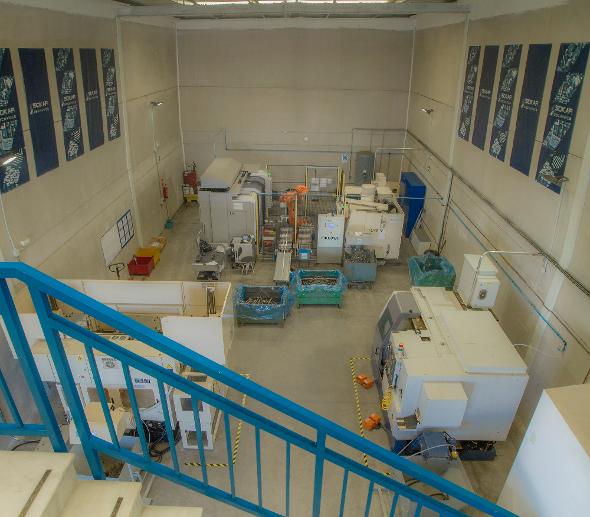
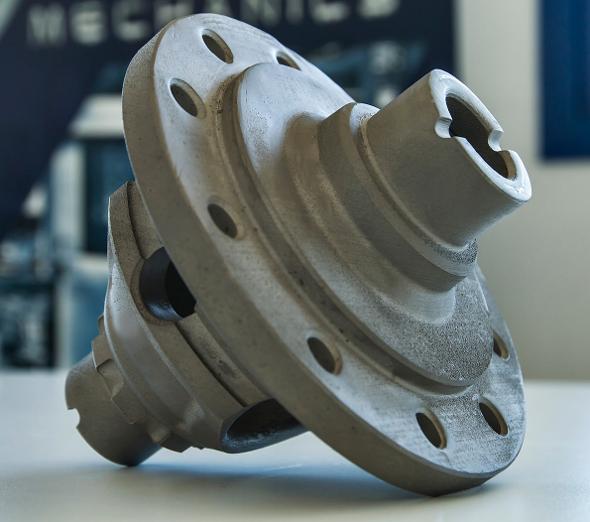
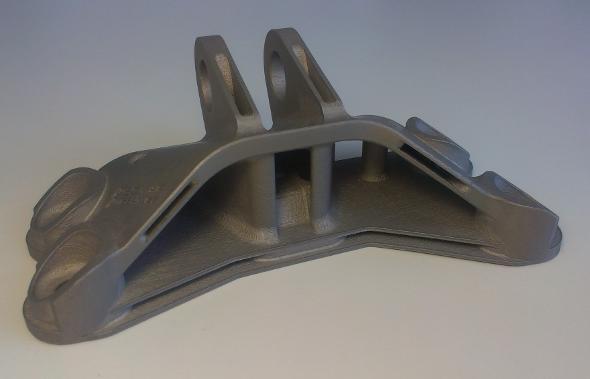
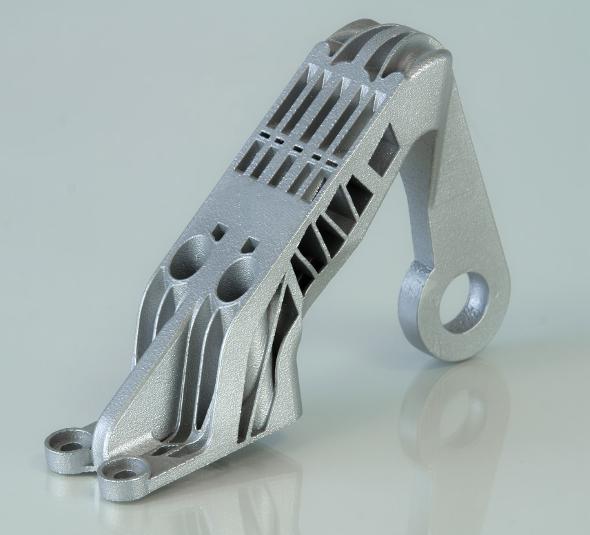
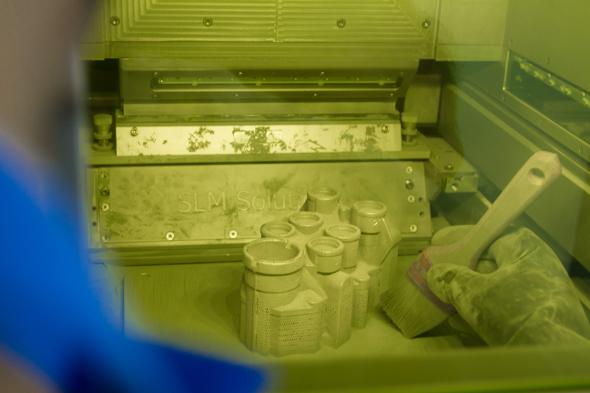
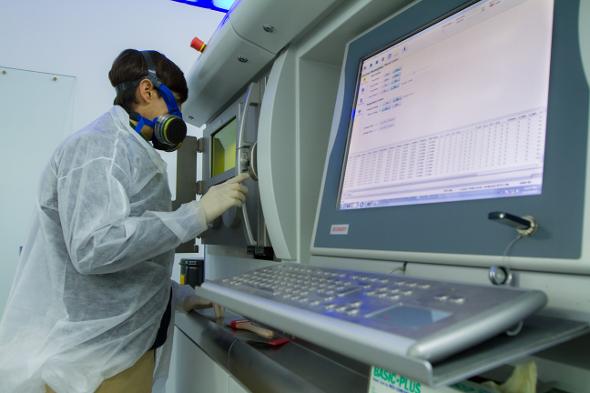
Advantages and Innovations
The main innovative aspects and advantages of the additive manufacturing technology are as follow:
● It allows the manufacture of almost any imagined high complex geometries aiming into strong weight reduction of the components.
● It prevents the generation of material scrap.
● It allows customizing and optimizing the product design.
● It shortens delivery times.
● It allows that design changes of prototypes during development phase do not have a cost impact.
● It reduces the carbon footprint in the supply chain.
Consequently the most significant competitive advantages offered by this new technology are:
● A higher added value of the products.
● The reduction of economic and environmental costs.
Stage Of Development
Already on the market
Stage Of Development Comment
Tight supply in the market. Great potential demand. Mature industrial process.
The first additive technology research of the company was conducted in cooperation with a Spanish technological centre (the Andalusian Centre for Advanced Aerospace Technologies) and was supported by the Agency for Innovation and Development of Andalucía (IDEA), the regional development Agency of the Andalusian Government, in addition to an instrument primarily specialized in the promotion of innovation in the Andalusian society.
Requested partner
The company is looking for:
● Private equity investors (corporate credit).
● Mechanical manufacturers willing to integrate additive manufacturing technology in their products or processes in order to be able to address a higher level customer with a wider portfolio (technological integrators).
● Well positioned engineering companies or mechanical manufacturers willing to promote the company´s additive manufacturing capacities with a certain exclusivity within a certain geographical area or country (delegate companies).
Cooperation offer ist closed for requests

